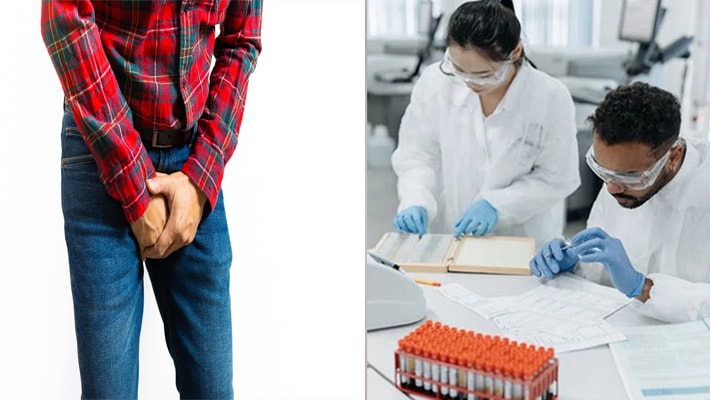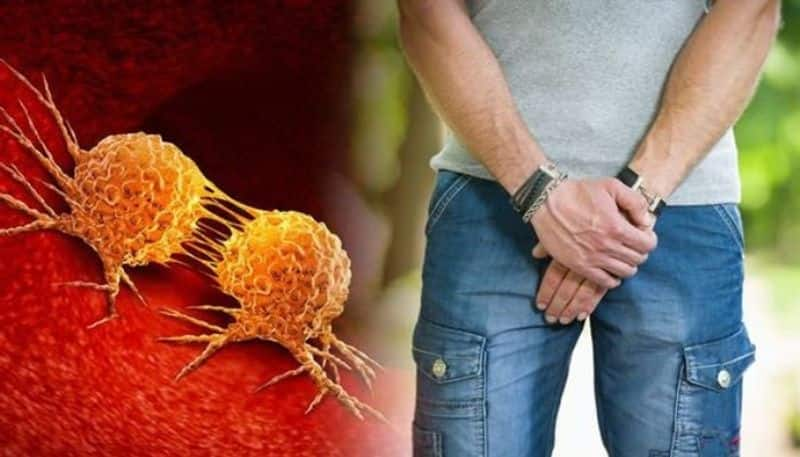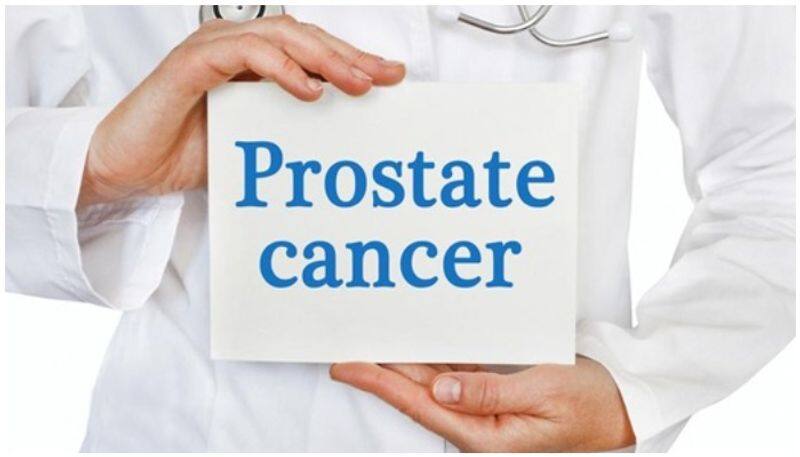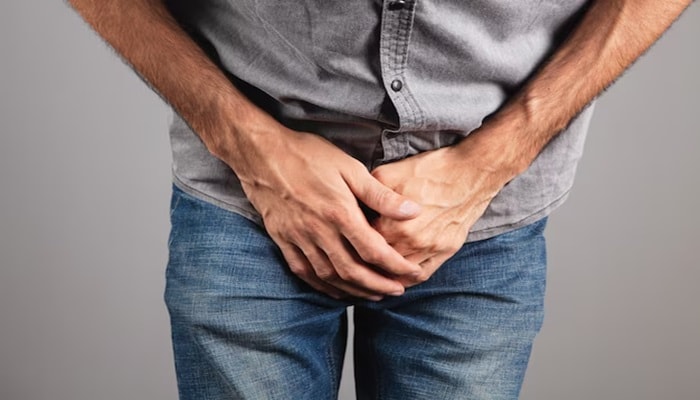Adopting a healthy plant-based diet, exercising regularly, and avoiding smoking and alcohol can significantly reduce prostate cancer risk. Combine these habits with regular screenings for optimal health protection.
Prostate cancer is one of the most common cancers among men, but the good news is that certain diet and lifestyle choices can help reduce the risk. While genetics and age play a role, making informed lifestyle changes can offer significant protection.
 1. Adopt a Plant-Based Diet
1. Adopt a Plant-Based Diet A diet rich in fruits, vegetables, legumes, and whole grains is associated with a lower risk of prostate cancer. Tomatoes, in particular, are high in lycopene, an antioxidant believed to support prostate health. Cruciferous vegetables like broccoli, cauliflower, and Brussels sprouts may also help fight cancer-causing cells.
 2. Limit Red and Processed Meats
2. Limit Red and Processed Meats High intake of red and processed meats has been associated in studies with a higher risk of prostate cancer. Instead, choose lean proteins like tofu, lentils, chicken, or fish. Try baking or steaming your food instead of grilling it at high temperatures, which can also release toxic substances.
 3. Choose Healthy Fats
3. Choose Healthy Fats Replace saturated fats (like butter and animal fat) with healthier fats such as those found in nuts, seeds, avocados, and olive oil. Omega-3 fatty acidsin fatty fish like salmon and mackerel may also help reduce inflammation and protect against cancer.
 4. Stay Physically Active
4. Stay Physically Active Frequent exercise lowers inflammation, promotes hormone balance, and helps people maintain a healthy weight—all critical in lowering the risk of prostate cancer. Try to get in at least 30 minutes of moderate activity most days of the week.
 5. Avoid Smoking and Limit Alcohol
5. Avoid Smoking and Limit Alcohol Smoking has been linked to more aggressive forms of prostate cancer. Quitting smoking and limiting alcohol intake can significantly improve overall health and reduce cancer risks.
While no diet or lifestyle change can guarantee prevention, adopting healthier habits can greatly lower your risk and improve overall well-being. Regular screenings and consultations with your doctor remain essential, especially as you age.
You may also like

'Proper rehabilitation of affected families is my top priority: LG Sinha visists Poonch, meets shelling victims

'Major incident' declared at UK seaside town as body found on beach

The Crown star looks unrecognisable in 'edge of your seat' thriller that premieres soon

Delhi Metro services partially hit after storm; Pink Line restored, delays on Red and Yellow Lines

CPI condemns 'extrajudicial killing' of senior Maoist leader in Chhattisgarh







